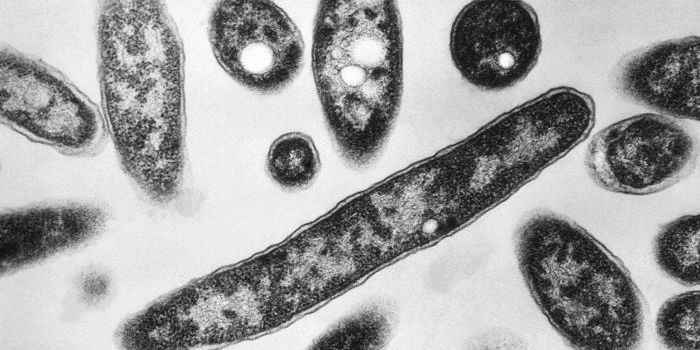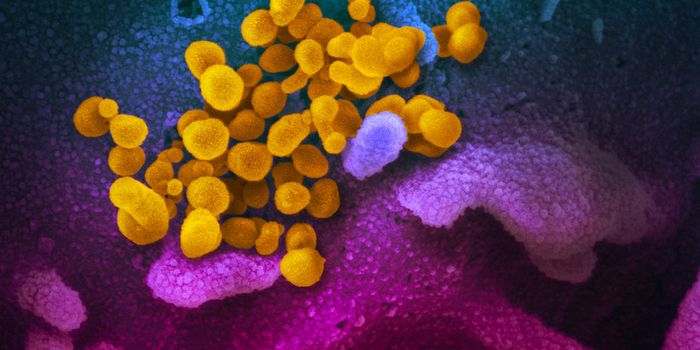Learning, Memory may be Improved by Feeding Infants Prebiotics
In recent years, breast milk has been promoted as the best food for newborns. It’s known that breast milk provides babies with nutrition, can help build their immune systems, and also contains a bit of indigestible fibers that promote the growth of beneficial bacteria, prebiotics. Now, researchers at the University of Illinois (U of I) have found that in an animal model, these special molecules can improve memory and enhance exploratory behavior. The team wants to refine infant formula by adding prebiotics.
"When we provide prebiotics in formula, our results confirm that we can not only benefit gut health, which is known, but we can also influence brain development," said Ryan Dilger, associate professor in the Department of Animal Sciences, Division of Nutritional Sciences, and Neuroscience Program at U of I.
The investigators turned to a piglet model for this work. These animals have more in common with human infants than rodent models. They have digestive systems, brain development, and behavioral responses that are more like infants and as such, have been used in trials that relate to studies of how brain development is impacted by gut bacteria.
The scientists saw a major effect on piglet behavior in their testing. "We can actually change the way piglets learn and remember by influencing bacteria in the colon,” Dilger revealed.
"There hasn't been a lot of work looking at the gut-brain axis in humans, but a lot of rodent work is showing those connections. This is taking it to an animal model that is a lot closer to human infants and asking if that connection still exists and if we can tease out possible mechanisms," explained lead author Stephen Fleming, a doctoral candidate in the Neuroscience Program at U of I.
Previous work by this team has demonstrated that a special brew of probiotics and formula ingredients could affect behavior and brain development. This work zeroed in on how prebiotics may be influencing these processes. Piglets received an infant formula spiked with a synthetic carbohydrate that acts as a prebiotic, polydextrose (PDX), and a natural prebiotic, galactooligosaccharide (GOS). At the age of 25 days, memory, learning and stress tests were performed. At 33 days, various tissues were collected and assayed.
Piglets were offered dog toys to assess memory and learning as a “novel object recognition” test, which is similar to one used in rodent studies. If a piglet was presented with two toys, one new and one it had seen before, a preference for the one it had seen before indicated recognition.
"If you're trying to test for memory, this test is closer to what we'd do with an infant. After all, we don't generally train infants on mazes," Fleming noted. "We know from previous research this test works for pigs, but this is the first published example of using it in a nutrition context."
The pigs who had been exposed to PDX and GOS were better at recognizing familiar objects compared to those that had not gotten the supplements, indicating to the researchers that there was an improvement in their development of memory.
So how is this working? The prebiotics should promote the growth of bacteria, which increases levels of volatile fatty acids (VFAs). These VFAs may be entering the bloodstream and eventually reaching the brain, where they are having a beneficial impact.
"Volatile fatty acids are a global indicator for whether prebiotics had an effect on the overall population of bacteria. For example, we might want to see an increase in Lactobacillus and other beneficial bacteria that produce butyrate," Dilger explained. He is featured speaking about his research in the following video.
"We found that, yes, VFAs are absorbed in the blood of pigs that were fed PDX/GOS. And, yes, they do get into the brain," Fleming said. "But when we looked at the relationship between these VFAs and the results of our behavior tests, there did not appear to be a clear connection."
The researchers also saw decreases in levels of serotonin in animals that received prebiotics. Much more work remains, but the study adds to a growing body of evidence linking the gut microbiome to brain health.
"There are so many ways we can alter the composition of the microbiota and they can have very strong benefits. Promoting good gut health remains a strong focus in the field of nutrition," Dilger concluded.
Sources: AAAS/Eurekalert! Via University of Illinois, Nutritional Neuroscience









